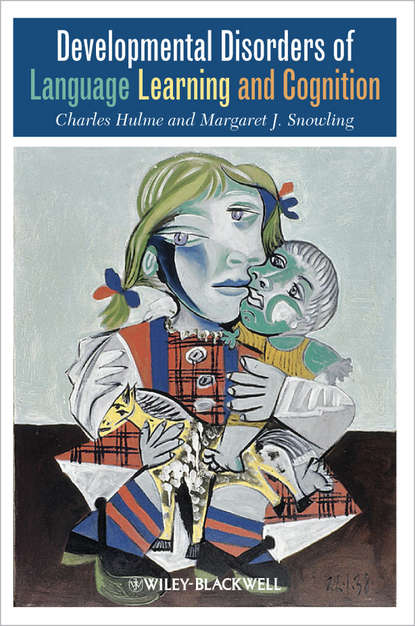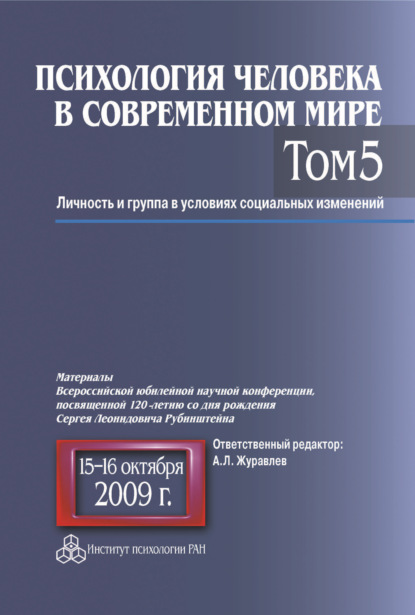Книга "Ответы радикальной правой на пандемию COVID-19" представляет собой сборник научных работ, посвященных исследованию реакции радикальных правых политических сил на пандемию COVID-19. В ней рассматриваются различные аспекты ответов радикальной правой на кризис, включая их влияние на основные и альтернативные нарративы, а также изменение представлений о суверенитете, глобализации, демократии, равенстве, многообразии и политической легитимности. <br/> Книга содержит кейс-стади и обширные отчеты, охватывающие различные аспекты радикальной правой реакции на пандемию. Среди них исследования по гендеру и классу, расизму, религиозной ненависти, созданию козловых отпущений, антисемитизму и ксенофобии, теориям заговора и онлайн-радикализации. Рассматриваются различные страны, включая США, Канаду, Бразилию, Бельгию, Германию, Швейцарию, Швецию, Италию, Францию, Испанию, Украину, Латвию, Израиль и Индию. Книга состоит из шести глав и эпилога, организованных по тематике и странам.
Электронная Книга «Responses to the COVID-19 Pandemic by the Radical Right» написана автором Группа авторов в году.
Минимальный возраст читателя: 0
Язык: Английский
ISBN: 9783838274881
Описание книги от Группа авторов
Numerous political commentators have noted the rise of the radical right worldwide. How has the radical right responded to the COVID-19 pandemic? Has the radical right been legitimized in a world of closed borders and greater securitization? Have radical right regimes in power cracked under the strains of the crisis and thus undermined their own political fortunes? Have radical right-wing responses to COVID-19 been uniform or diversified? These are some of the questions tackled in Responses to the COVID-19 Pandemic by the Radical Right.
This volume gathers a collection of short pieces, which highlight the multi-faceted ways in which right-wing and radical right-wing political forces have responded to the COVID-19 pandemic. It presents research by scholars from all around the world concentrating on the evolution of radical right-wing movements since the COVID-19 crisis began and their influence on mainstream and alternative narratives.
The edited volume includes case studies as well as far-reaching reports on the radical right’s utilizing of the crisis to re-shape ideas about sovereignty, globalization, democracy, equality, diversity, and political legitimacy. Such studies comprise cases on gender and class, racism, religious hatred, scapegoating, anti-Semitism and Sinophobia, conspiracy theories, and online radicalization, focusing on locations as diverse as the US, Canada, Brazil, Belgium, Germany, Switzerland, Sweden, Italy, France, Spain, Ukraine, Latvia, Israel, and India. All such studies are compiled in a total of six chapters and an epilogue, organized thematically and by country.



















